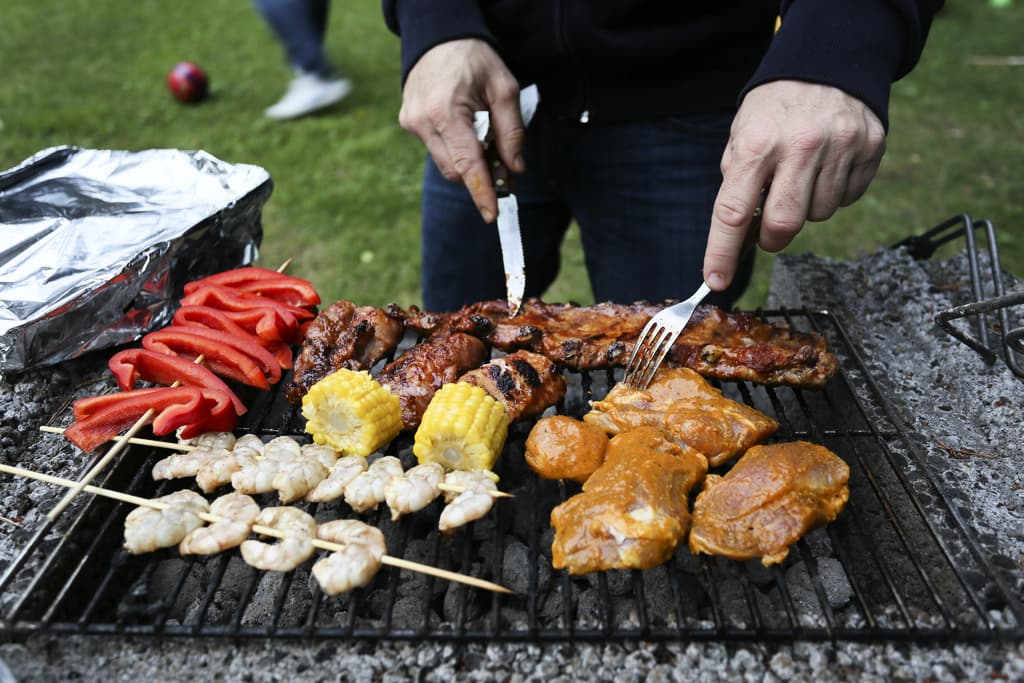Swedish food habits are worse for the climate compared to many other rich countries. Researchers write in a new report.
It is mainly the consumption of meat and dairy products that drives emissions. But there are some easy tricks to make your diet more sustainable.
It is well known that meat and cheese have a significant impact on the climate. But that something like bananas and coconut milk also increase environmental impact through your meals is probably not as well known to everyone.
This believes Elin Röös, researcher in sustainable food systems at the Swedish University of Agricultural Sciences (SLU) and one of the authors of a new report on the impact of our food habits on climate and environment, which summarizes several studies.
The report shows that the average Swede's diet causes emissions equivalent to between 1.8 and 2.2 tons of carbon dioxide per person and year.
The climate footprint from food in Sweden is high from an international perspective - only twelve of the world's countries have food habits that affect the climate more, according to one of the studies in the report.
The Swedish men's diet causes higher emissions than women's, but the difference is mainly due to the fact that men eat more food.
What we put in our mouths does not only affect the climate. Our diet also has a high impact on other environmental effects, according to the report.
Coffee, chocolate, and bananas are some of the staple foods that contribute to our food habits having a many times higher impact on the biodiversity of animals and plants - the biological diversity - than what is considered sustainable.
The reason is that land in tropical countries with rich biological diversity is converted to arable land to meet the global demand for fruit, coconut, and other products from there.
But even some crops from Southern Europe, such as nuts, leave a large footprint since they require a lot of land.
The report lists a range of measures to make the Swedes' diet more sustainable. It requires a combination of many things, emphasizes Röös.
Although much responsibility lies with decision-makers, Elin Röös emphasizes that our daily choices play a big role - and she gives five tips (see fact box).
Elin Röös' tips on how you can make your meals better for the environment and climate:
Source: Elin Röös






